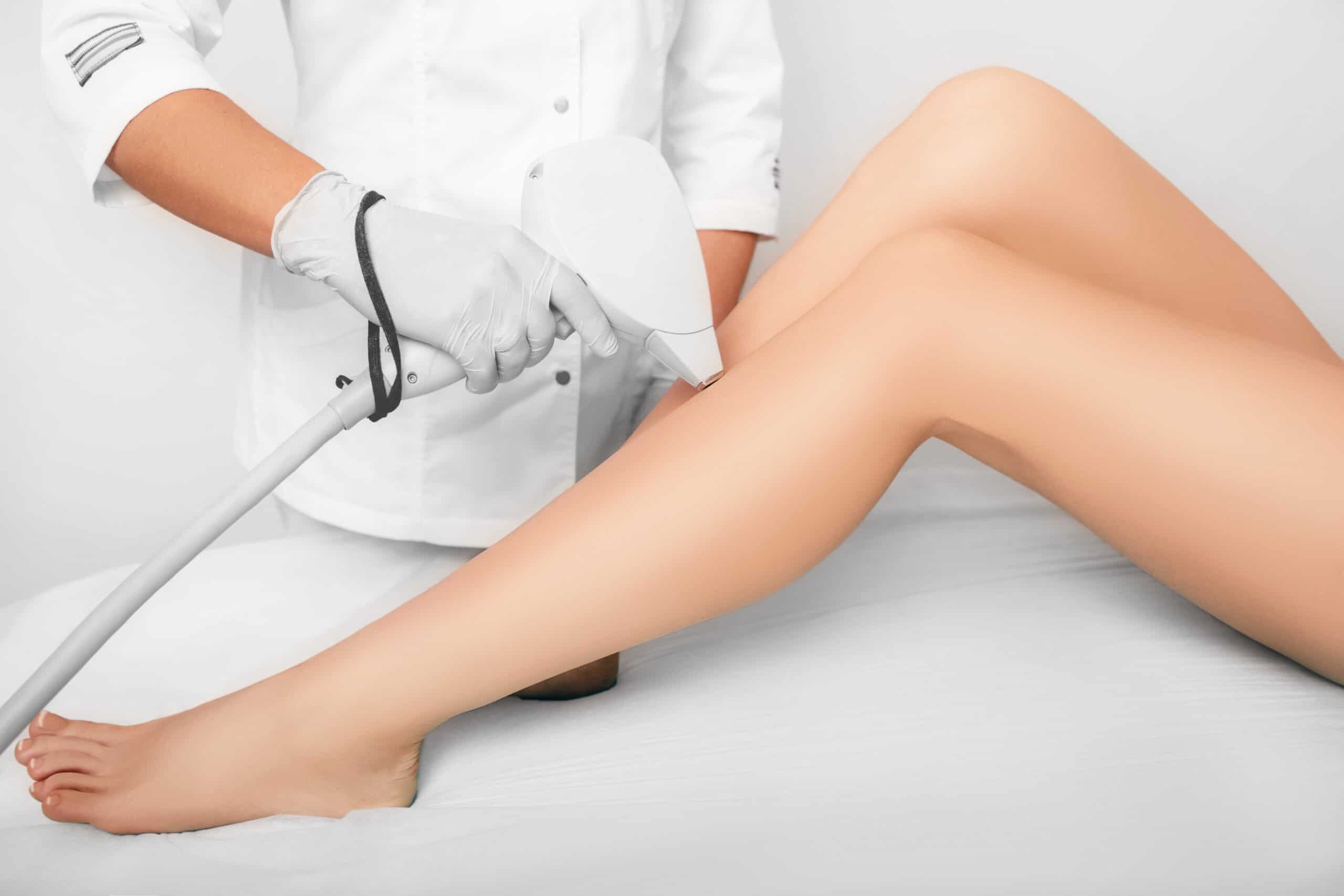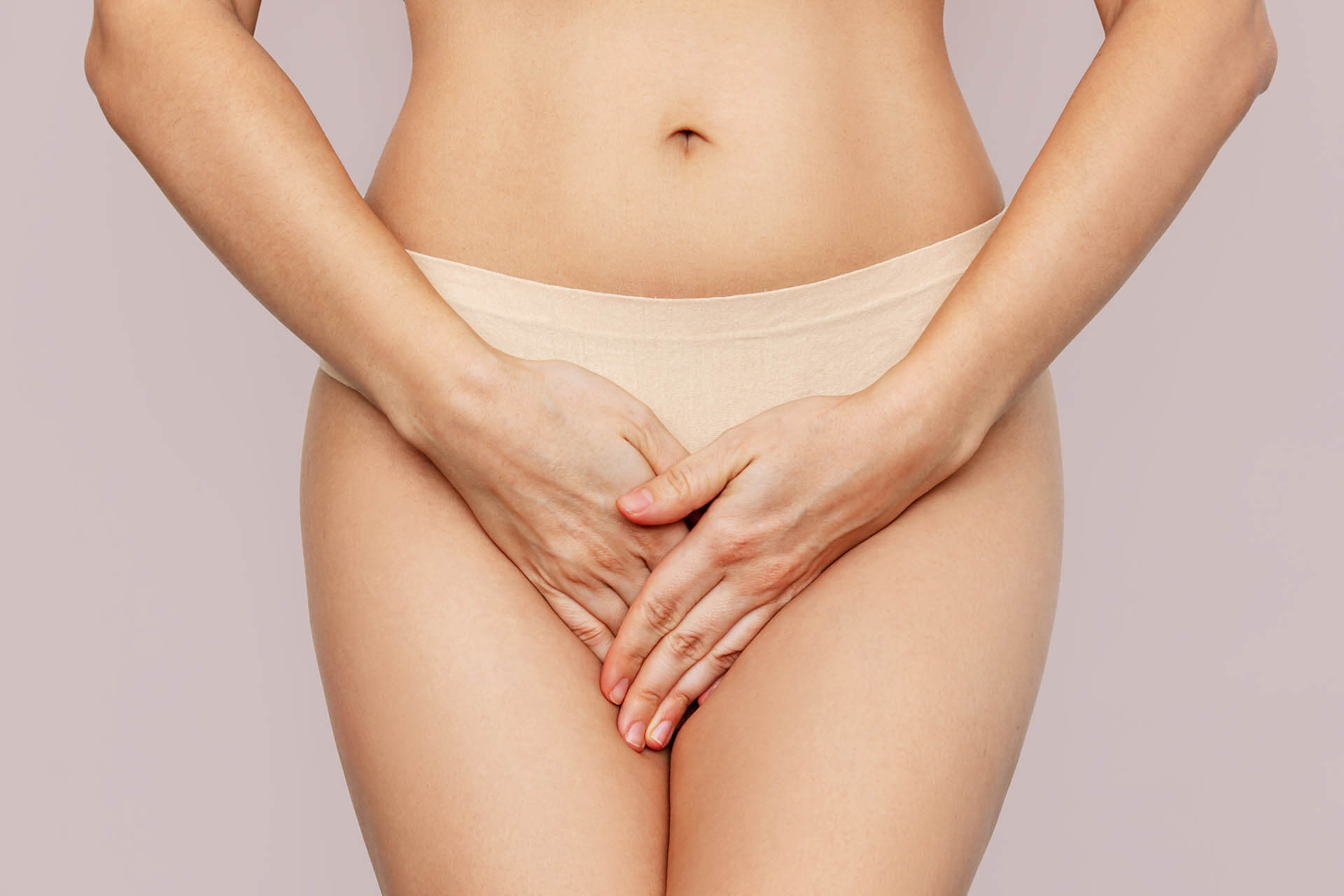In today’s image-conscious society, teenagers are becoming increasingly aware of their appearance, and grooming habits are starting earlier than ever before. Among the various beauty and grooming options available, laser hair removal has become a popular choice for long-term hair reduction. But this raises an important question: Is laser hair removal suitable for teenagers? While the benefits of the treatment are well documented, it’s crucial to examine the implications when it comes to adolescents. Whether you’re considering Laser Hair Removal in Dubai or anywhere else in the world, understanding the suitability of the treatment for younger individuals is essential for making an informed decision.
What is Laser Hair Removal?
Laser hair removal is a medical procedure that uses a concentrated beam of light (laser) to remove unwanted hair. The laser emits a light that is absorbed by the pigment (melanin) in the hair. This light energy is converted to heat, which damages the hair follicles, inhibiting or delaying future hair growth.
The treatment is known for being semi-permanent and more effective compared to other hair removal methods like waxing, shaving, or threading. Over time, laser hair removal can reduce the need for continuous maintenance and grooming.
Why Teenagers Consider Laser Hair Removal
Teenagers may opt for laser hair removal for several reasons:
- Self-esteem and confidence: Unwanted hair, especially in visible areas like the face or arms, can lead to self-consciousness and affect social confidence.
- Sports or performance activities: Athletes, dancers, and swimmers often prefer hair-free skin for hygiene and performance-related reasons.
- Hormonal hair growth: Puberty leads to hormonal fluctuations, often resulting in increased hair growth in areas like the upper lip, chin, and underarms.
- Medical conditions: Some teens may have conditions like polycystic ovary syndrome (PCOS) that cause excessive hair growth, making laser treatment a more viable option.
What is the Right Age for Laser Hair Removal?
There is no universally agreed-upon minimum age for laser hair removal. However, most dermatologists and licensed practitioners suggest waiting until at least 14 to 16 years old. The main reason for this is hormonal stability. During puberty, hormone levels fluctuate significantly, which can affect the permanence of the treatment.
Factors to Consider Before Starting:
Completion of Puberty: The treatment is more effective when hormonal levels are stable.
Parental Consent: Teenagers under 18 will need parental or guardian consent before undergoing the procedure.
Emotional Maturity: The teenager must understand the nature of the procedure, including potential discomfort, multiple sessions, and realistic expectations.
Skin and Hair Type: Not all hair types respond equally to laser treatment. It works best on individuals with light skin and dark hair, though advances in technology are making it safer for a broader range of skin tones.
Benefits of Laser Hair Removal for Teenagers
Laser hair removal can offer a range of benefits for teenagers when performed under the right circumstances:
Long-Term Convenience
Teenagers who frequently shave or wax may find laser hair removal to be a time-saving and convenient option.
Reduced Ingrown Hairs
Shaving and waxing often lead to painful ingrown hairs. Laser treatments significantly reduce their occurrence.
Improved Skin Texture
With reduced need for shaving and waxing, the skin experiences less irritation, bumps, and redness.
Increased Confidence
Having smoother skin can boost self-esteem, particularly in social settings like school, sports, or social media.
Risks and Considerations
While laser hair removal is generally considered safe, there are certain risks and side effects, especially when performed on teenagers.
Skin Sensitivity
Teenage skin can be more sensitive than adult skin, increasing the risk of redness, swelling, or pigmentation issues.
Multiple Sessions Required
Laser hair removal isn’t a one-and-done solution. It typically requires 6–8 sessions spaced weeks apart for optimal results.
Temporary Side Effects
Some teens may experience temporary side effects like itching, slight burns, or discoloration, especially if the procedure isn’t done correctly.
False Expectations
Teenagers may expect instant or permanent results, so it’s vital to educate them that the process takes time and might not be permanent due to hormonal changes.
Is It Safe for All Skin Types?
Modern laser technology has advanced to the point where it can be used safely on a variety of skin tones. However, the effectiveness may still vary. Lasers target the pigment in the hair, so individuals with dark hair and light skin tend to see the best results.
Teens with darker skin tones should consult with practitioners who specialize in treating diverse skin types using appropriate lasers like Nd:YAG, which are safer and more effective for darker skin.
Role of Parental Guidance
Parental involvement is crucial when a teenager is considering laser hair removal. Parents should:
- Research the procedure thoroughly
- Consult with a certified dermatologist
- Ensure the clinic uses FDA-approved equipment
- Discuss the pros and cons honestly with their child
It’s also wise for parents to accompany their child during consultations and sessions to ensure proper care and supervision.
Alternatives to Consider
Before opting for laser hair removal, teenagers and their parents might consider other, less permanent methods:
- Shaving: Quick and painless, though frequent maintenance is required.
- Waxing: Longer-lasting than shaving, but more painful and can cause irritation.
- Depilatory creams: Chemical-based and can be harsh on sensitive teenage skin.
- Threading or tweezing: Suitable for smaller areas but not ideal for large coverage.
These methods can help teens manage unwanted hair while waiting for hormones to stabilize.
Professional Consultation is Key
Consulting with a certified dermatologist or licensed laser technician is essential before starting treatment. A professional can evaluate the teenager’s skin type, hair type, and overall suitability for the procedure. A patch test is often conducted to ensure the teen’s skin reacts well to the laser.
FAQ’s:
Q1: Can teenagers get laser hair removal?
Yes, teenagers can undergo laser hair removal, especially from ages 14 to 16 onwards, depending on their hormonal development and with parental consent.
Q2: Is laser hair removal painful for teenagers?
Most people describe the sensation as a mild snapping or pinching feeling. Teenagers with sensitive skin might feel more discomfort, but numbing creams can help ease the sensation.
Q3: How many sessions are required for noticeable results?
Typically, 6–8 sessions are needed for best results, spaced 4–6 weeks apart. Maintenance sessions may be required later.
Q4: Are there any side effects?
Common side effects include temporary redness, swelling, or irritation. Serious complications are rare when performed by trained professionals.
Q5: Is it permanent?
Laser hair removal provides long-term hair reduction but may not be entirely permanent, especially in teens, due to ongoing hormonal changes.
Q6: What areas are commonly treated in teens?
Popular treatment areas include the upper lip, underarms, legs, bikini line, and arms.
Q7: Can laser hair removal treat facial hair in teenage girls?
Yes, but it’s important to determine if the hair growth is due to hormonal imbalances like PCOS, which might require medical treatment in conjunction.
Q8: Is it safe for teenagers with darker skin tones?
Yes, with the right laser technology (such as Nd: YAG lasers), the treatment can be safe and effective for darker skin types.
Q9: Should a teen stop shaving or waxing before the treatment?
Shaving is allowed, but waxing, tweezing, or epilating should be avoided 3–4 weeks before treatment, as these remove the hair from the follicle.
Q10: How should teens prepare for a laser hair removal session?
They should avoid sun exposure, stop using tanning products, and shave the area 24 hours before the session. A consultation will provide a full list of pre-treatment instructions.
Final Thoughts
It can be a safe and effective solution for teenagers dealing with unwanted hair, provided it’s approached thoughtfully and under professional supervision. It’s not just about cosmetic benefits but also about improving comfort and self-esteem during a formative stage in life. As long as hormonal factors, skin type, and maturity level are considered, and parental guidance is involved, it can be a valuable option for teenagers seeking long-term hair reduction.




